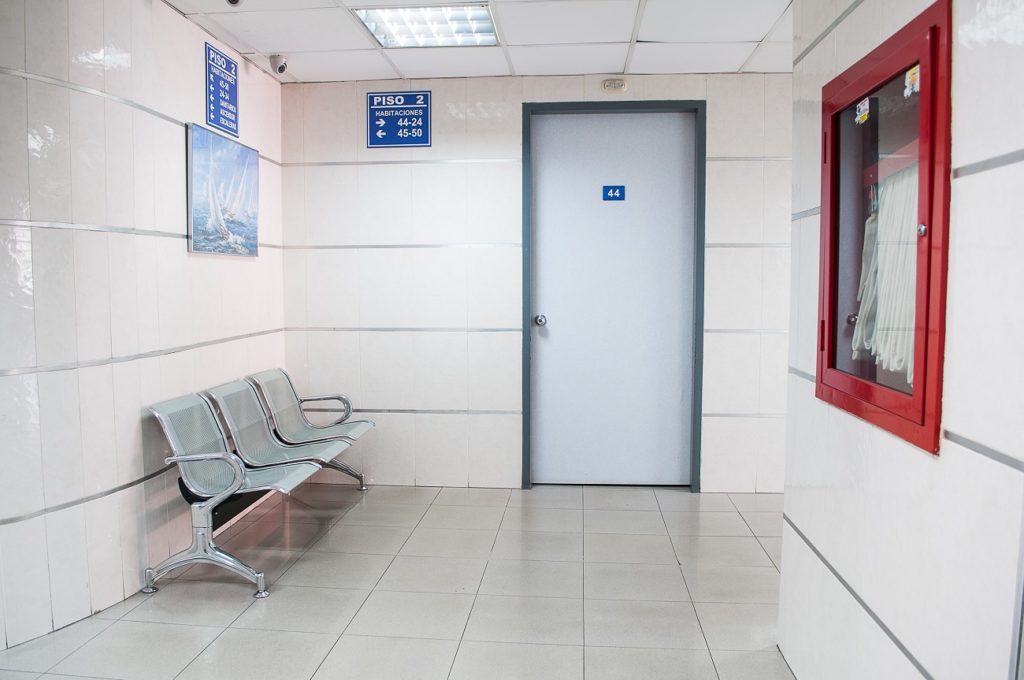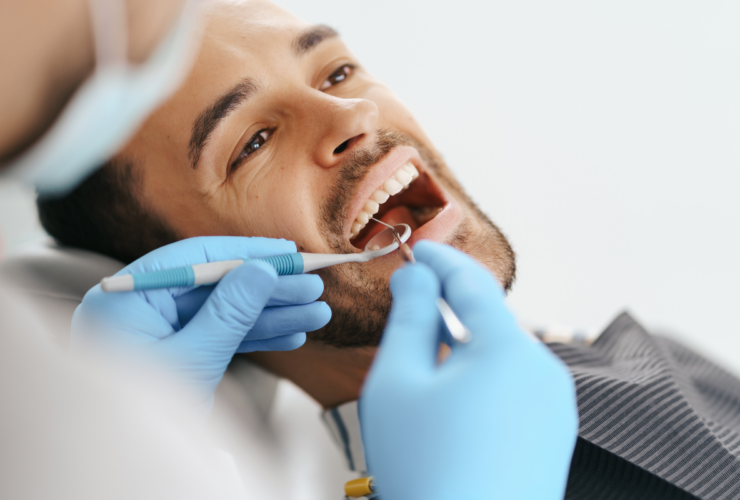Tooth pain is a common problem which has a large number of potential causes, some of which require treatment more urgently than others. Going to the hospital or going for emergency dental treatment is necessary in severe cases of tooth pain, however, how do you know when this is required?
As a patient, it is vital to know when to get treatment as quickly as possible when it comes to oral health care. Enlisting the treatment of your emergency private dental service will alleviate the problem in the short term and also help prevent further issues arising in the long term.
Visible damage to the teeth and/or mouth or sudden severe dental pain stemming from in or around the mouth are the two most common incidents which are likely to result in patients requiring emergency treatment. Severe tooth pain can obviously fall under this category in certain cases.
However, as is the nature of oral health problems, patients will frequently go to hospital or enlist emergency treatment for issues which do not require it. In some cases, the dental practitioner will simply schedule you a standard appointment which you could have got sooner had you not wasted time going for emergency treatment.
On the other hand, there are cases in which severe tooth pain absolutely requires you to get emergency aid. Therefore, it is vital that you understand when you should go to the hospital for tooth pain.
What Causes Tooth Pain?
Toothache and pain can be caused by a wide variety of issues. Some will be short-term and may be alleviated on their own. Others will simply require mild treatment or over the counter medicine in order to treat. However, there are certain incidents in which going to the hospital or contacting your emergency dentist in London will be the best option to arrange quick and effective treatment and alleviate pain.
The nerve in the root of a tooth or the surrounding area becoming irritated is ultimately what causes tooth pain. If you have recently had a major treatment, such as a tooth removal, then you can expect to experience pain for a few days afterwards. Those undergoing teeth straightening treatment with an orthodontist (e.g. having braces fitted or tightened) can also expect some mild discomfort or pain as they adjust to the unusual sensation. In the most severe cases, tooth pain can be associated with other health complications such as jaw pain, sinuses, ear pain and even heart problems in rare incidents.
Some of the most common causes of tooth pain and toothache include:
- Mild or severe tooth decay and gum disease (periodontal) – bacteria growing inside your mouth which can contribute to gum disease and dental decay
- Acute infection to dental and soft tissue (which can occur when a tooth has broken the skin but does not have enough room to fully come through)
- A dental abscess
- Patients who have recently undergone major treatment (e.g. tooth removal)
- Those currently going through tooth alignment (e.g. braces as provided by orthodontic treatment)
- A wisdom tooth coming through
- A cracked or damaged tooth (particularly one which severely exposes the nerve)
- A loose, damaged or broken filling (e.g. through injury)
- Issues or problems with your braces (e.g. the brackets coming loose or breaking) – in which case you should contact your orthodontist as soon as possible
Please note: If there is notable swelling on your face and/or it is extending down to your neck, then you should absolutely contact the services of a 24 hours emergency dental service. If this tooth pain is causing any trouble breathing then it is absolutely vital that you go to the hospital as soon as possible. If you are unsure of the severity of the cause of your tooth pain, then please contact a trusted health or dental care professional as soon as you can.
Common Symptoms of Tooth Pain
If you are still unsure of the severity of your tooth pain and whether emergency treatment is required, then it can be useful to look out for some other common symptoms, including:
- Pain with eating and chewing foods
- Tooth sensitivity to hot or cold temperatures (e.g. cold drinks)
- Bleeding or discharge from around a tooth or gums
- Swelling around a tooth or swelling of your jaw
- Injury, trauma or bleeding to the area caused by an accident
Ways to Prevent Tooth Pain
Tooth pain can occasionally come about suddenly with little warning (e.g. through an accident), however, the majority of the time it is caused by a growing problem which at one point was preventable. It is important to take the correct methods to prevent tooth pain to stop the problem getting to a point where you need to go for emergency dental care in order to treat and solve it.
Some key life changes and tips you can implement to prevent tooth pain aggravating includes:
- Maintaining a healthy diet (too much sugar and starch may allow bacteria to break through the enamel on your teeth)
- Having a good routine of cleaning your teeth at least twice a day and after eating. You should also brush your gums to maintain health gums. Flossing your teeth is also effective at removing bacteria. Antiseptic mouthwash will finally help get rid of plaque and prevent against early gum disease
- Arrange for your teeth to be cleaned by a private London dentist at least twice a year to help prevent against decay and gum disease
- Wearing a protective dental guard or head protection whilst playing high impact sports
- Not smoking tobacco as this can result in a whole host of oral health issues
Impeccable Emergency Dental Care with Hermes
Are you experiencing intense pain or are distressed by tooth damage? Hermes emergency dental treatment are here to help. If you’re looking for impeccable orthodontists or a general dental clinic for a price which is worth paying for, then look no further.
Hermes Dental Practice London are an award-winning team of experienced dentists with a proven track record. If you want to address the root cause of your dental issue, then simply get in contact to book an appointment.
- GERD and Your Teeth: Why you should see a dentist urgently - November 24, 2024
- When a broken tooth is considered a dental emergency - November 24, 2024
- How to prevent tooth decay in children - July 9, 2024






